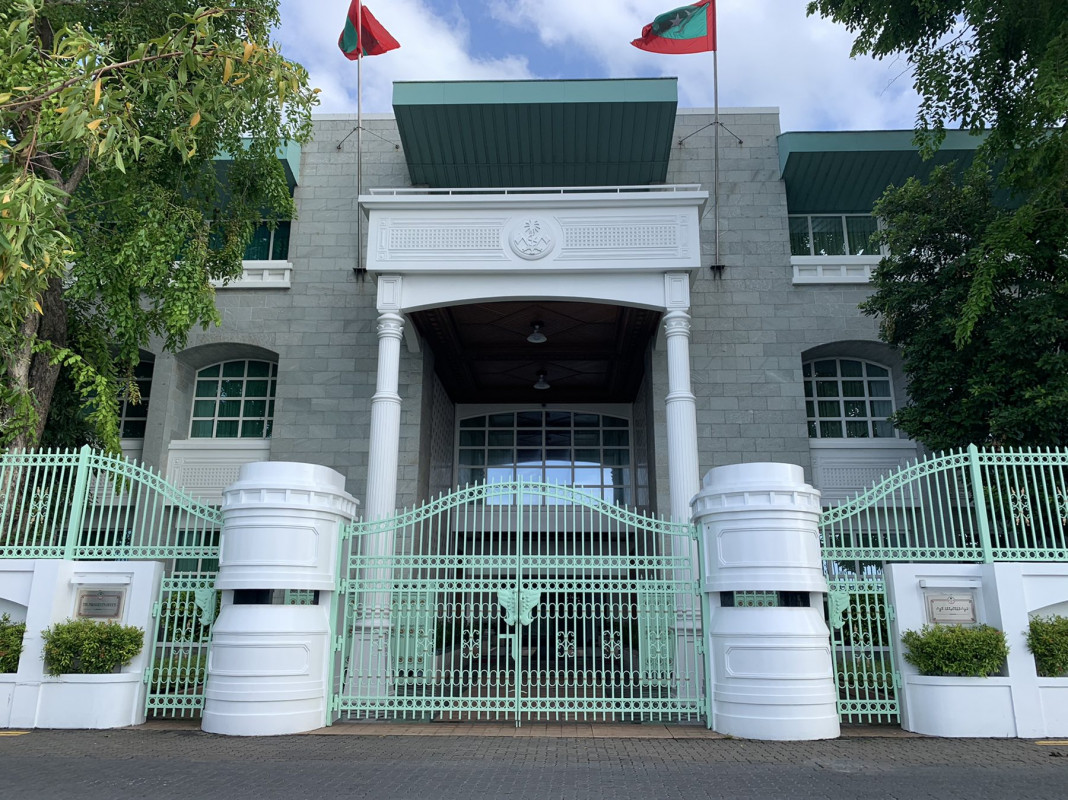Committee rules to ignore Supreme Court verdict on no-confidence motions
On May 22, 2017, the Supreme Court ruled that the court has the final say on no-confidence motions


Some ministers of the current administration
The parliament committee has ruled to amend their regulations so that the Supreme Court does not have the final say on no-confidence motions.
On May 22, 2017, the Supreme Court ruled that an adequate reason should be given before submitting a no-confidence motion and that even if the parliament passes a no-confidence motion, the court has the final say in the matter.
On Wednesday, the parliament committee forwarded an amendment to the floor which states that once the parliament passes a no-confidence motion against a cabinet minister, a judge, or a member of an independent institution, they will be dismissed from their post.
The general-purpose committee approved the amendment with votes from six members of opposition PPM and coalition partner JP, while the three members of main ruling party MDP voted against it.
The committee made this amendment after speaker Qasim Ibrahim halted Defence Minister Mariya Didi’s no-confidence motion after it was found that the parliament regulation has not been amended according to the Supreme Court’s 2017 ruling.
Opposition Progressive Party of Maldives (PPM) proposed the no-confidence motion with 14 signatures in late February over comments the Defence Minister made in an interview with the Indian media. She had said that India had enough military power to take over the Maldives.
The amendment also states that a no-confidence motion against a minister or an MP should be sent to a seven-member temporary committee after it is heard on the floor. This temporary committee should have at least one member of each political party and one independent.
The amendment states that a minister has the right to defend themselves in front of the committee and can appoint at most two lawyers. The committee should also complete its investigation within nine days.
A no-confidence motion against a minister also needs the votes of 43 MPs to pass.
However, the amendment states that a no-confidence motion against judges and members of independent institutions will be evaluated by the parliament’s permanent committees.






